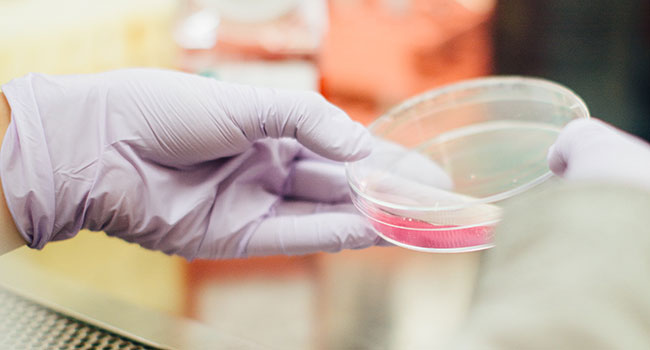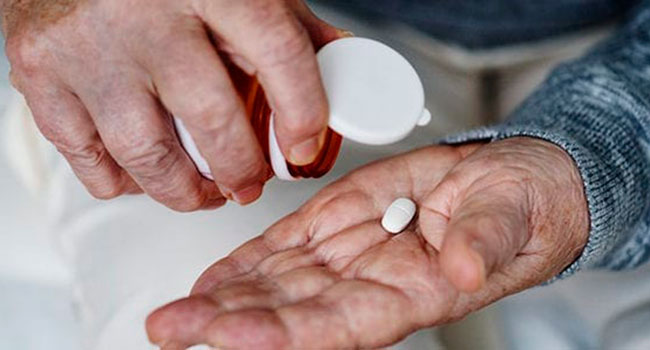Reading Time: 3 minutes Canada’s amended Patent Act weakens protections for intellectual property in the life sciences just when rights are vital for mobilizing a rapid response
Author: Kristina Acri
Dr. Kristina Acri received B.A. degrees in Economics and Latin American Studies from Macalester College and her Ph.D. in Economics from the University of California, Berkeley. Kristina’s research analyzes the difficulties of strengthening intellectual property rights protection in developing countries, specifically in the context of the pharmaceutical and environmental technology industries. Recent publications have also addressed the importance of data exclusivity provisions in international trade agreements, alternatives to the existing patent system, the balance between pharmaceutical patent protection and access to essential medicines, and the markets for jointly produced goods such as blood and blood products.
USMCA will stunt potentially lifesaving innovation
Reading Time: 3 minutes The new trade agreement represents progress for international trade, but crucially, it weakens protections for the biopharma industry
Canada can learn from Swiss and Dutch drug coverage
Reading Time: 3 minutes Both countries partner with the private sector and expect patients to share the cost of treatment
National pharmacare can hurt patients more than it helps
Reading Time: 4 minutes Will likely result in reduced access to new drugs, and delay research and development
Increase in counterfeit drugs a danger to Canadians
Reading Time: 3 minutes As the trade in counterfeit drugs grows, so do the risks to Canadian patients and the costs to legitimate manufacturers
Inadequate intellectual property rights protections hurt patients, economy
Reading Time: 3 minutes Provide biopharmaceutical firms with patent term extensions to recover time lost due to mandatory governmental regulatory and marketing approvals
Stronger IP protection for biologic medicine could save lives
Reading Time: 3 minutes Biologic medicines are difficult and expensive to develop, and Canadia’s weak intellectual property protections are making it even harder






